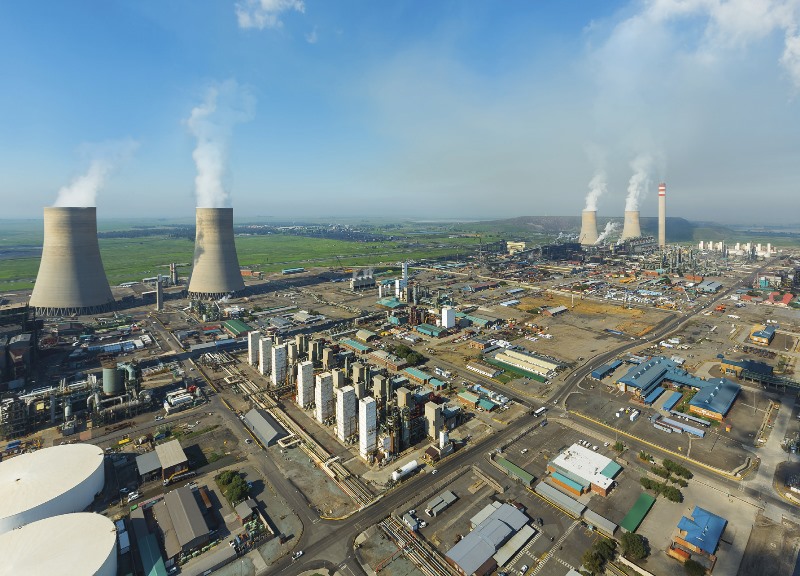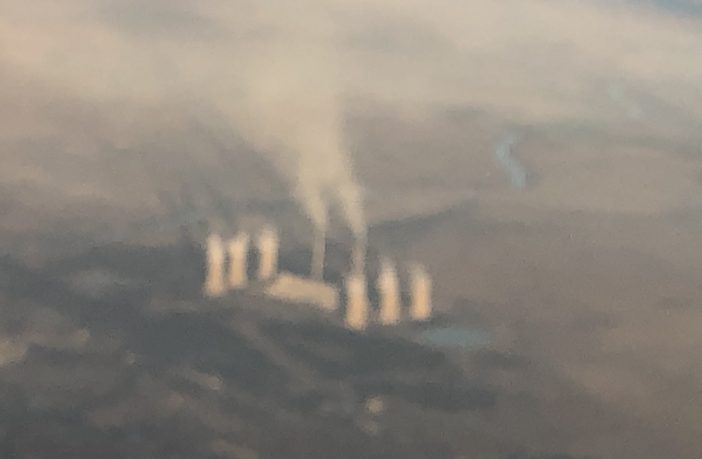- The South African government ordered two studies into the impact of air pollution on community and child health.
- Both studies showed emission limits it imposed on companies that emit the toxins are insufficient.
- Bloomberg reports that the studies were undertaken in key industrial regions by academics at the University of KwaZulu-Natal and the Council for Scientific and Industrial Research were completed in 2016 and 2019.
- Copies of the reports have been seen by Bloomberg.
The government didn’t widely publicize the findings, a controversial decision given that it has faced lawsuits over pollution levels and is assessing whether to allow the state power utility to continue violating emission restrictions or enforce laws that could shut plants and worsen energy shortages.
Around the time of the second study’s completion, the government was sued by environmental activists for not enforcing its own laws in the so-called Highveld Priority Area and in 2022 South Africa’s High Court ruled that the government had breached citizens’ constitutional right to clean air. The government has appealed. Read more
In August this year, activists filed another case against the government over pollution in the Vaal Triangle Air-shed Priority Area — which was examined in the first study. Both regions are close to South Africa’s biggest city, Johannesburg, and the capital, Pretoria.

The Sasol synfuels plant in Secunda produces 160,000 barrels of fuel from coal every day, which is used to power buses, planes, and automobiles in the country. The plant is both the largest coal-to-liquids plant and the largest point source of greenhouse gas emissions in the world. Image credit: Sasol
The research adds to evidence of the harm caused by state utility Eskom Holdings SOC Ltd.’s 14 coal-fired power stations, petrochemical plants and oil refineries run by Sasol Ltd. and Africa’s largest steel mill, owned by a unit of ArcelorMittal SA. The use of coal for domestic cooking and heating adds to pollution levels.
The companies have all acknowledged that their emissions impact human health and said they have taken steps to reduce them, although they have in some instances also sought postponements to complying with new limits to be imposed from 2025.
Sasol’s AGM recently fell into chaos and was cancelled over flawed climate goals. Read more
“Adverse health outcomes do occur even below the pollutant standards,” the researchers wrote in the Highveld Study. “These necessitate further investigation and review of the safety of current air quality standards. There is a need for addressing air pollution more rigorously.”
In response to queries, South Africa’s environment department said the Vaal Triangle study area was published in 2016 and “printed copies disseminated to stakeholders.” However, a person familiar with the matter said only the printed copies were made available and no effort was made to circulate the findings more widely. The person asked not to be identified as they aren’t authorized to speak to the media.
The Highveld Priority Area study wasn’t published, although some of its conclusions appeared in the plaintiff’s arguments in the 2019 court case, the department said. That study refers to the Vaal paper as a reference, and says it remained unpublished.
Link to the full story HERE
Source: Bloomberg















